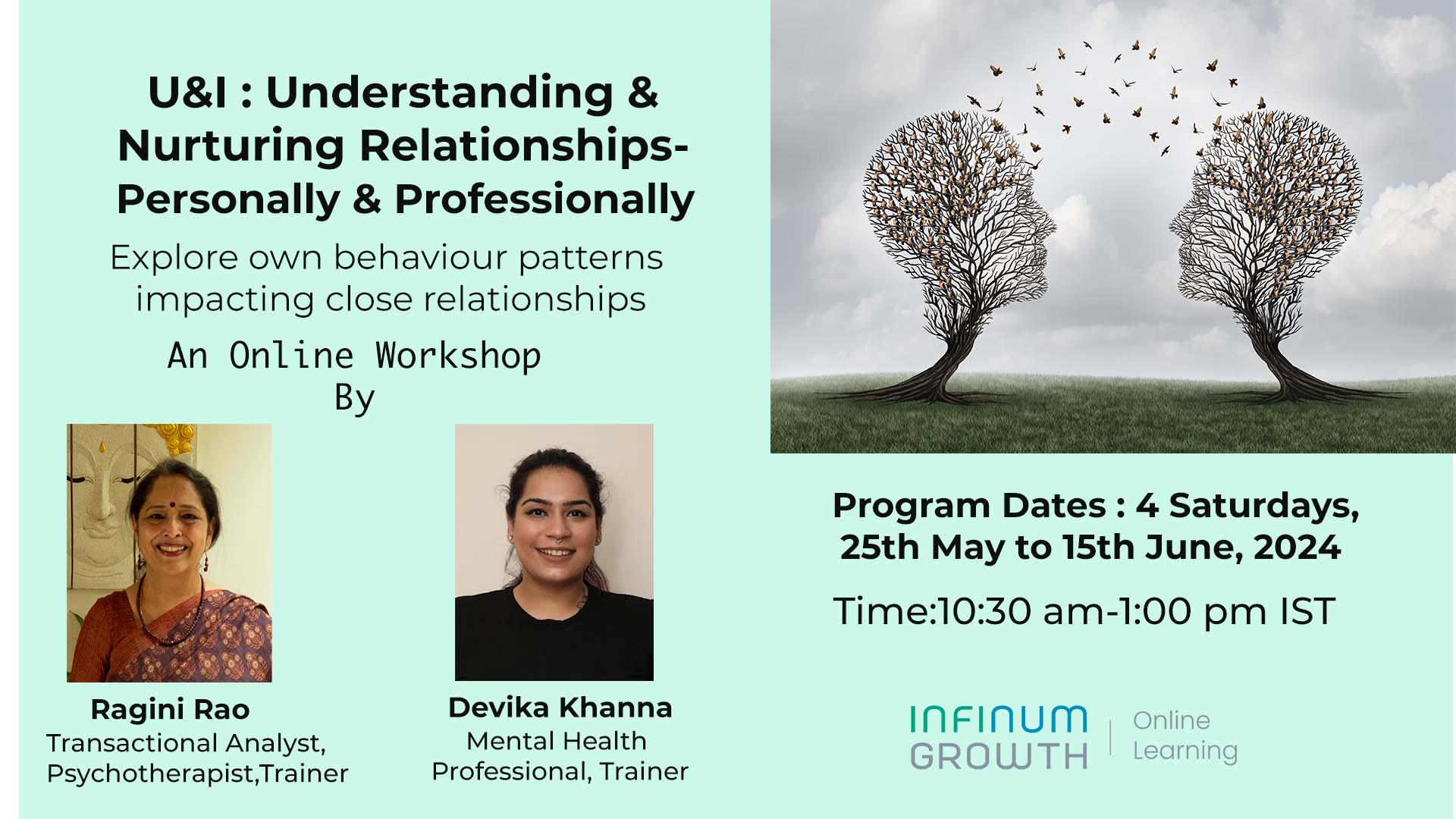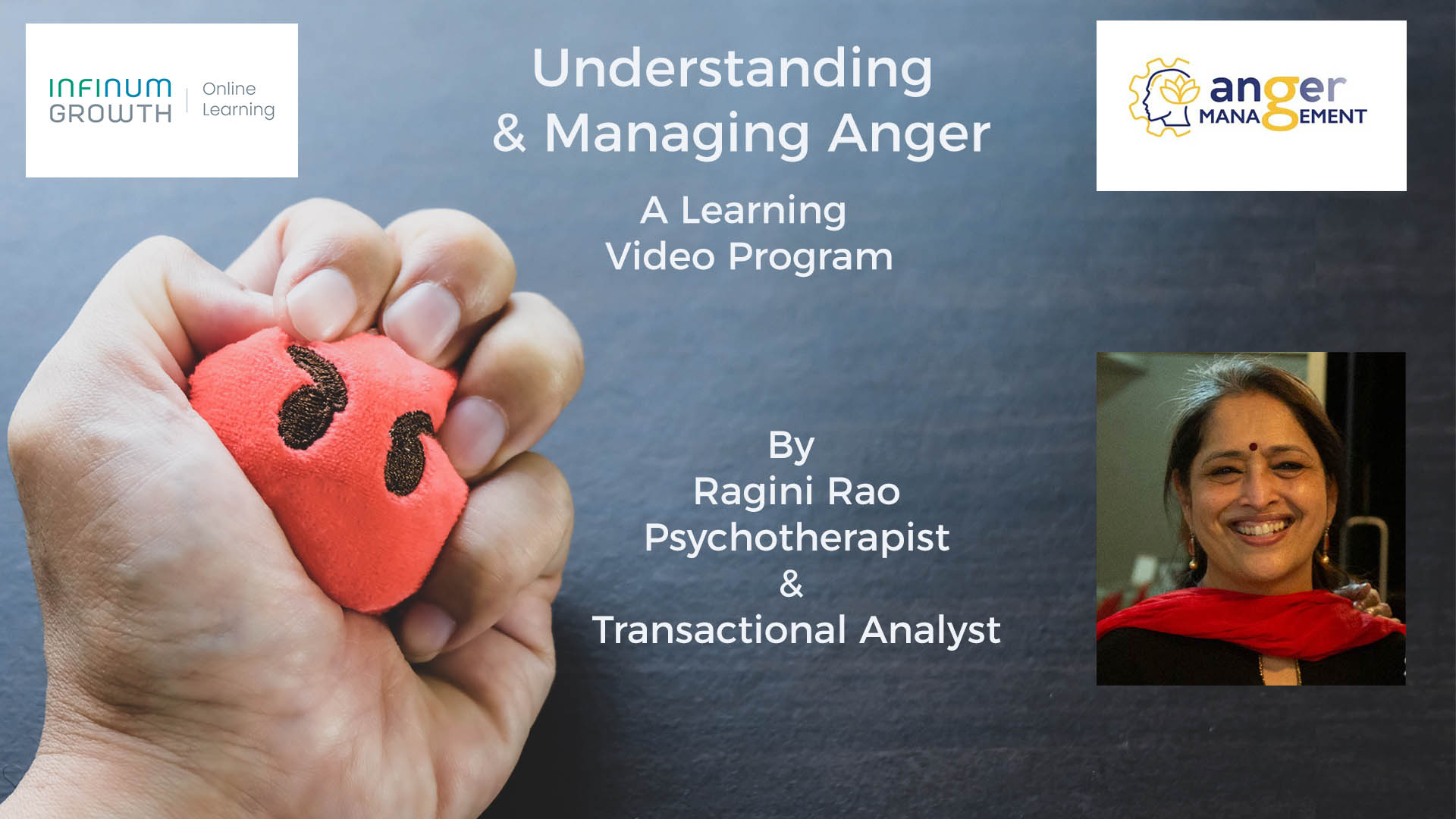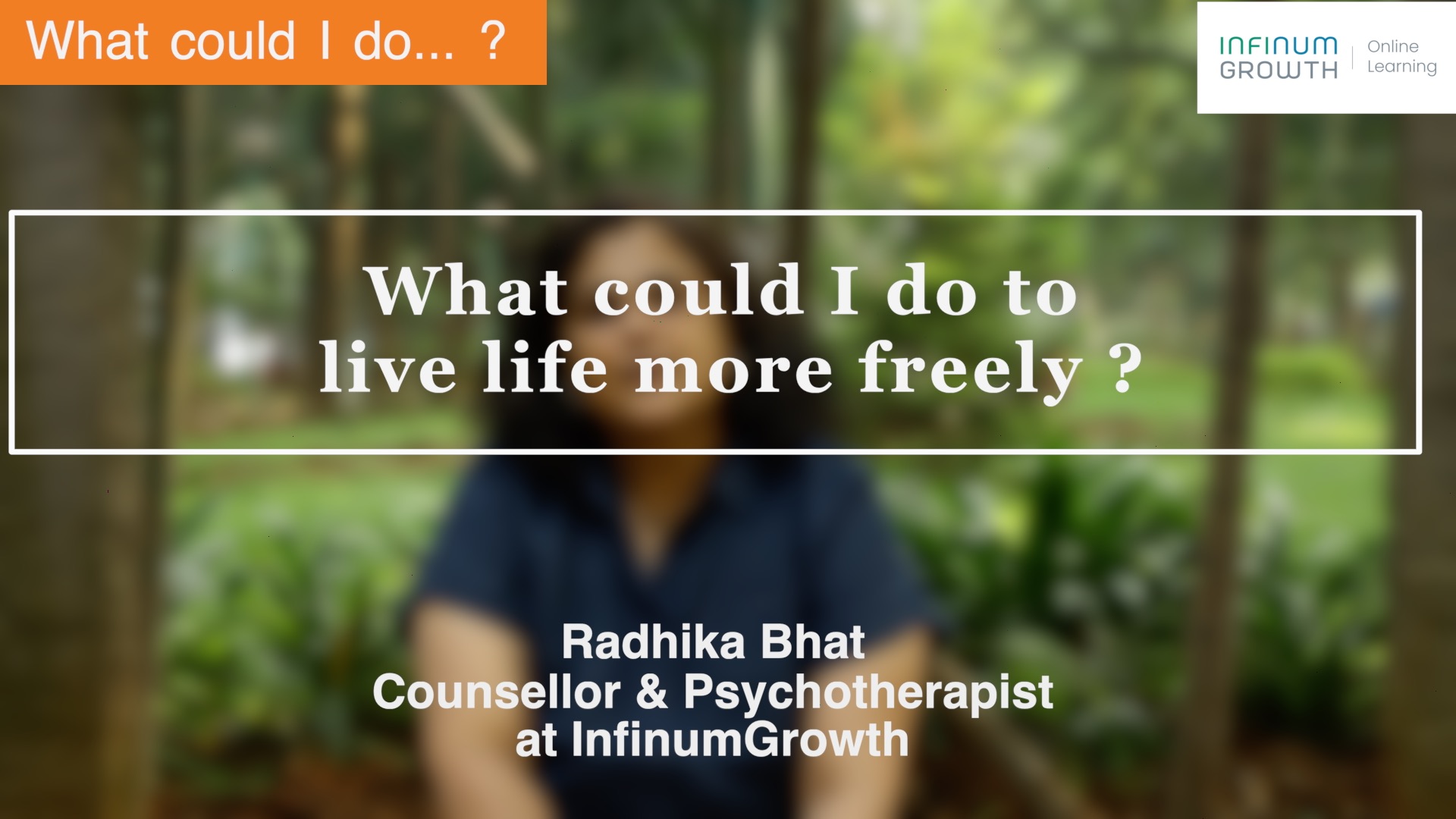Learning and meaning-making are an integral part of how we all live our lives and develop our personalities.
Within a few weeks of being born, the little infant learns that “when I cry, mama feeds me” or “picks me up” or “cleans me”.This starts the process of forming narratives in our head through meaning-making; which then, impacts the way we develop beliefs about ourselves, others and the world. Every individual gives a meaning to each of his/her experiences in a unique way and forms a hypothesis to explain it, each time it repeats in the future. It’s a conscious, or many times unconscious, prediction of how life’s events are going to be.
How we start building narratives
A little child’s ability for reasoning and logic is very limited; learning and meaning-making is purely based on emotions and sensations.If, as children, our experiences are largely positive, we start forming positive narratives in our heads and that continues to guide us through adulthood.However, when our experiences are largely negative and difficult, we start forming limiting narratives in our heads.
Most of us go through mixed experiences in childhood, some good and some not so good; and we, in our own ways, to survive, find a balance (or so we think) and move on in life.
Suresh, a 32 years old software professional, grew up to be extremely successful in his job. He was intelligent and excelled in whatever he took up. The narrative in his head since childhood was, “I am intelligent and will excel in studies”, because this is what he was repeatedly told by his parents and others.
However, Suresh grew up in an environment where love, affection and expression of feelings were rare. His parents did not get along, would fight often and Suresh would be left alone to take care of himself. His narrative about relationships was, “relationships are difficult” and “people can’t be trusted”.
With this narrative in his head, Suresh found it very hard to form intimate relationships. All his relationships were superficial and he often found himself lonely and sad.
All of us hold hundreds of narratives in our heads, which we constructed at an early age; and these, continue to impact our lives, even as grown ups. The interesting side of this is that, what has been constructed can be deconstructed, or reconstructed, to suit what is relevant in our lives today.
Psychologist George Kelly (1950) was one of the first to talk about ‘personal constructs’ that people develop, to make sense of their experiences and observations. He talked about how we experience the world through the “lens” of our constructs, which then impacts our feelings, thoughts and behaviour.
Dr. Eric Berne, psychiatrist and, the originator of the theory of Transactional Analysis, also wrote about how, at a very young age, we all write our own life stories (unconsciously) about how we will live our lives .
Berne and Kelly believed that since we are the ones writing these narratives or stories, only we can change and rewrite them.
Some of the ways in which one could work on one’s narratives are-
Identifying the narratives
- Are we even aware of what our narratives are? They may be simple words or phrases that we say to ourselves, that define us, our behaviour or others. For example, “I am a great singer”, “I am not good enough”, “People can’t be trusted” etc.
- Become aware of and, differentiate those that are helpful and those that are not. Helpful narratives are those that allow us to be and do our best.
- Celebrate the helpful ones and own them.
- Identify and name the unhelpful ones.
Getting out of unhelpful narratives
- Become aware of what led to the formation of that narrative. A single incident or a series of incidents in childhood may have led to it.
- Ask ourselves, does that hold true even today?
- With our present resources, knowledge and experiences, can we change the narrative now?
- Bring awareness to our strengths, logic and reasoning capacities, to bring the change.
- Be optimistic. Believe and anticipate a positive outcome.
- Test it out in safe environments first, till we feel comfortable to apply in other places.
- Lastly, seek professional help if unable to do it on our own. Many times a nurturing therapist can do wonders to how we can resolve our inner conflicts.
Building new, positive narratives
- Identify positive experiences in the present and construct new narratives.
- Engage in relationships that are healthy and allow us to form new, positive narratives.
- Practice positive affirmations and visualizations.
- Practice deep breathing, grounding and simple meditation techniques.
The past is not a millstone around the neck; some aspects can be resolved and some others accepted, by changing things in the present.
We can be the masters of our lives by constructing new, healthy and positive narratives!!
Please do leave your comments at the bottom and do share with others if you like this article.















Very inspiring thoughts